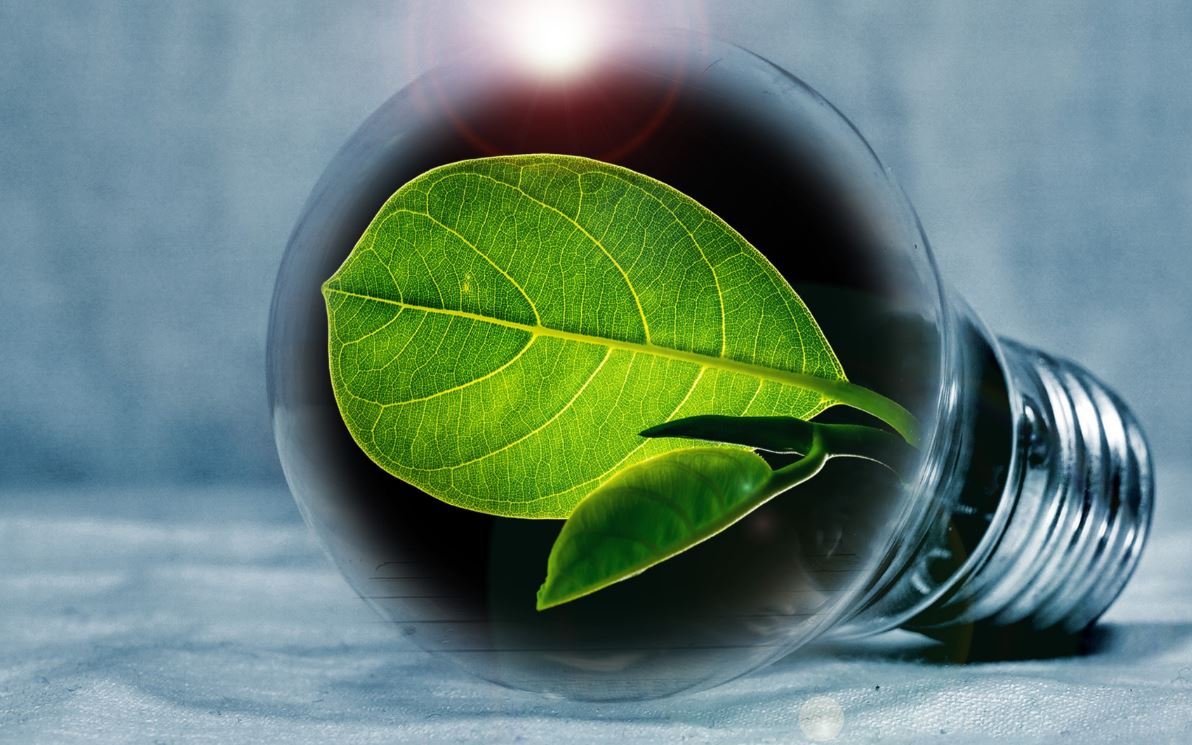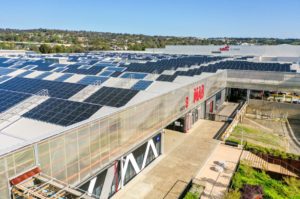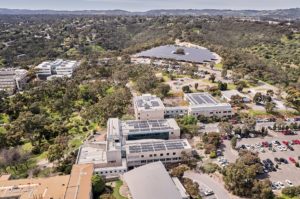
Green energy leaders and a league of supporters will raise the stakes on South Australia’s sustainable future during a week-long conference at major urban renewal site, the Tonsley Innovation District south of the Adelaide CBD.
The former manufacturing assembly building and 61ha site, now revived as a mecca for renewable energy, ‘clean-tech’, water technology and other industries, will feature presentations from resident companies such as Zen Energy, SAGE Group, Cleanpeak, Azzo and EfficientSee.
“Future Energy Week aims to collaborate, educate and elevate Australia’s answers to domestic and international energy challenges,” says EfficientSee founder Mr Quentin Roberts, director of the inaugural Tonsley Future Energy Week.
South Australia has an advantage to help in the net-zero carbon race, and key local initiatives will be on display during the Tonsley Future Energy Week on November 16-21.
The event features sessions led by World Energy Council CEO Dr Angela Wilkinson, Professor Will Steffen from Australia’s Climate Change Council, SA Minister for Environment and Water David Spiers MP, SA Chief Scientist Dr Caroline McMillan, Senator Penny Wong, and other research and industry leaders.
https://youtu.be/hde-PQrz3ac
Following the lead of the international COP26 summit, the Tonsley Future Energy Week’s program culminates in a three-day summit and $10,000 competition to develop another new idea for a greener future.
Flinders University’s accelerator, the New Venture Institute, is supporting the two-day ‘Energy Transformathon’, with event partners the World Energy Council, City of Marion, the Menzies Foundation, with the State Government’s Renewal SA Tonsley Innovation District.

“Energy transition requires sweeping innovation and change in technology and socio-technical systems, consumer behaviour, business and ownership models and reform to industry and structural power systems,” says the hackathon lead Bert Verhoeven, Associate Professor of Innovation and Enterprise at Flinders University.
“We have ‘gamified’ a traditional hackathon to develop participants’ energy-related solutions, with industry leaders assessing the merits and potential commercial applications in the two-day Energy Transformation (20-21 November).”

World-class initiatives at Tonsley will help us form the new green economy, featuring affordable renewable sources of solar and wind energy, electric vehicles and emerging technologies, he says.
The International Energy Agency’s (IEA) World Energy Outlook 2021 report expects global electricity demand to double by 2050, with a shift from fossil fuels at the forefront of reform for net-zero emissions by mid-century.
A new green energy economy is starting to emerge, with solar and wind energy becoming the cheapest source of electricity generation, and electric vehicles claiming a bigger market share, the IEA report says.
Members of the Tonsley Future Energy Consortium will profile their achievements, with support from Flinders University and other experts, the University’s New Venture Institute, City of Marion, TAFE SA, Tesla, Danfoss, Rockwell Automation and Phoenix Contact.

With Australia’s largest rooftop solar array and hydrogen electrolyser, the ‘6-Star Green Star – Communities’ certified Tonsley Innovation District is becoming recognised as a Future Energy Hub for the State.
“From solar to emerging hydrogen technology, future climate change depends on developing and commercialising new techniques,” says Flinders University Professor Mats Andersson, director of the University’s Institute for NanoScale Science and Technology.
“As well as our on-site tertiary institutions, and local and state government partnerships, the Tonsley site is driving renewable energy innovation in South Australia,” says Professor Andersson, from Flinders University’s College of Science and Engineering.
Check out the 2021 Future Energy Week (16-21 November) program and book here.
All tickets sold for Tonsley Future Energy Week are carbon neutral and socially responsible with contributions going to Trees for Life & MarionLIFE
Note to editors: Flinders University has a net-zero emission electricity footprint by powering its SA campuses on 100% green energy to become one of Australia’s first carbon-positive universities. This green energy is also fuelling electric vehicles across main campus, with 13 EV charges across three carparks, generated from 7647 solar panels at Bedford Park and Sturt, to 2.2MW capacity generating over 20% of campus electricity needs from clean, renewable energy. The University uses more than 200 megalitres of water (2020), equivalent to 80 Olympic size swimming pools, and has a vision to increase water efficiency by harvesting and using more recycled water where appropriate.

